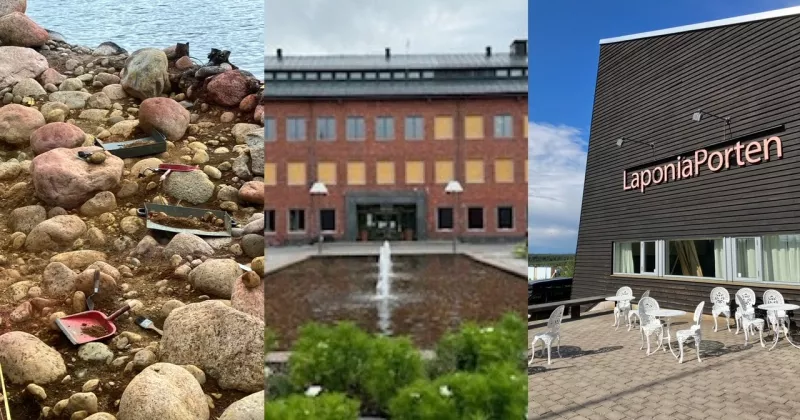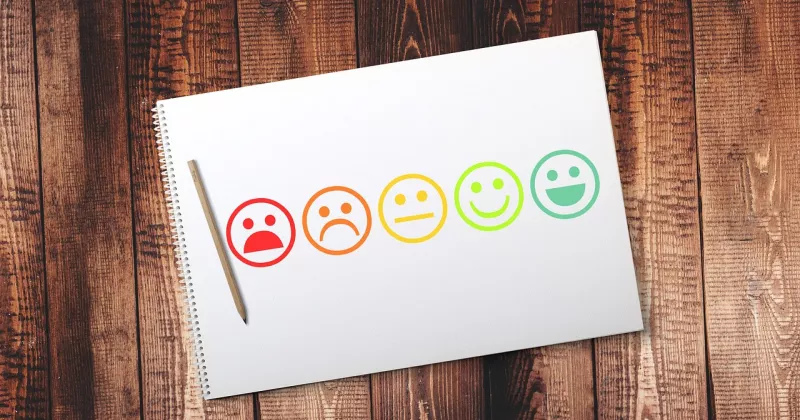How to talk about war. Facilitating learning in the face of crisis
“How to talk about war” is about how to face crisis situations and make it a topic in non-formal education events, especially if you work with interculturally mixed and transnational groups. Together with Dagna Gmitrowicz and Marta Brzezińska-Hubert we tried out and put together various ways to bring the topic of war to non-formal education and search mutually for ways to handle it within our workshops, seminars and training courses. This small publication is a work-in-progress and an attempt to find first answers and practical ways to talk about war in a non-formal setting.
“Connection is the energy that exists between people when they feel seen, heard, and valued; when they can give and receive without judgement; and when they derive sustenance and strength from the relationship.”
(Brené Brown)
![How to talk about war [Cover disigned by Dagna Gmitrowicz]](/sites/default/files/inline-images/How%20to%20talk%20about%20war%20%5BDagna%20Gmitrowicz%5D_0.png)
War February 24th 2022. When the Russian army crossed the border and invaded Ukraine we were in the middle of an On-Arrival Training for volunteers in Poland. In our group were participants from all over Europe, including Ukraine and Russia. We had our programme in the context of a terrifying war, and a refugee crisis, that was just about to unfold. Since then, we have been involved in various events with interculturally mixed groups, always challenged by the impact of this war and the question of how to find a balance between individual needs, the group process, the content within a crisis that was escalating more every day.
The War in Ukraine suddenly brought the war to our doorsteps. It opened our eyes to other wars that are currently happening in the world, wars that are happening far from our borders. Wars we tend to ignore and look in a different direction.
“How to talk about the war” became a question that haunted us. Together with our colleagues, we tried out several things and we posed ourselves several questions:
- How to address the war? Do I have to talk about it?
- How can I prepare talking about war?
- How can I inspire small actions?
- How can I support self-care and build resilience?
- How can I support those who are especially in need?
- How can I strengthen the group/community?
- How can I take care of myself?
Since then, we have tried out various ways to bring the topic of a war to non-formal education and search mutually for ways to handle it within our workshops, seminars and training courses. This is a work-in-progress like this article, an attempt to ask the right questions and an attempt to find first answers and practical ways to talk about war in a non-formal setting.
Sources and additional links as well as download the publication from here: Gmitrowicz, Brzezińska-Hubert, Kimmig (2022): How to talk about war. Facilitating learning in the face of crisis; Self-published, Berlin, Poznan, Warsaw, March 2022
Autors
Dagna Gmitrowicz, instagram
Marta Brzezińska-Hubert, linkedin
Michael Kimmig, linkedin





